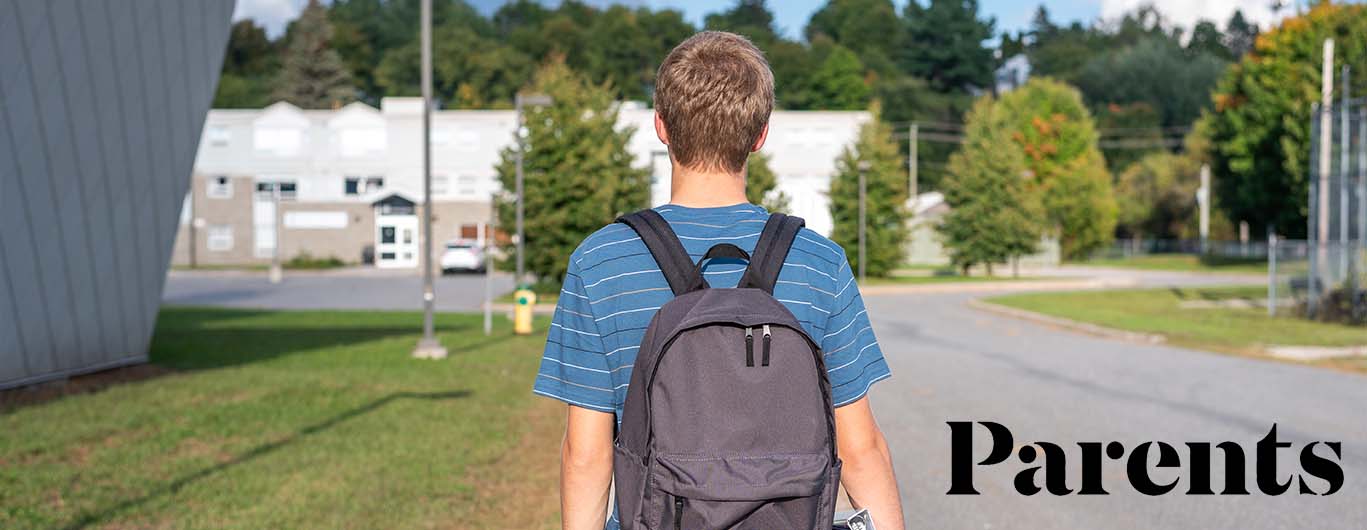Confidence is something teenagers often struggle with. Social isolation triggered by COVID made our confidence weaker and our social anxiety reach new heights. According to a survey of more than 1,300 girls ages 8 to 18 and their parents, confidence levels fall by 30 percent for girls between the ages of 8 and 14. While unclear how the pandemic impacted these stats, I personally feel more cautious and concerned as a I head into social engagements now than I used to. I’m sure I’m not alone.
As most schools plan for in-person learning this academic year, students are experiencing a mix of emotions. Last year we were full of uncertainties and forced into a virtual setting with no preparation. Now that we’re going back to the once familiar classroom, we have an array of new things to worry about. I want to let parents and teachers know how we feel about reintegrating into social situations and how they can help.
Reunions Can Feel Awkward
Most teens are absolutely jumping for joy to go back to school. They’re excited to see how tall their friends got, to pass notes in class, to chat in the hallways, and to experience all of the typical things students are used to doing in-person. The excitement to see friends and classmates that were once black squares on a Zoom call is surreal. However, the nervousness is very real too.
Teens are worried about how our friends and classmates will react to the person we’ve become during the pandemic. After more than a year of learning new things, unleashing unknown talents, and discovering new interests away from our normal social circles, we’re nervous that our classmates won’t recognize us. Even worse, that they won’t like this new version of us. Many teens are actually entering new environments, as their families moved during the pandemic, and they’re heading into the unknown. Although some teens are ecstatic to have a fresh start, there’s always nerves around the feeling of being the new kid. This year, we all feel like the new kid, too.
Professional Interactions Feel New Again
In addition to feeling anxious about seeing classmates, students might feel uncomfortable around teachers and administrators after a year of email interaction. There are rules and expectations we didn’t have to follow with remote learning. Not to mention the nuance involved in asking for help, campaigning for an extension on an assignment, or apologizing for speaking out of turn. We didn’t completely lose our communication skills last year—we spent more time navigating personal relationships with our family members than probably ever before—but professional interactions were few and far between.
For instance, when we had school in-person, we had to stand up and present an end of the year presentation to the entire class. In the virtual world that task is less daunting because I could choose to speak without my screen on, or choose to hide the screens of my classmates. In some cases, I was even able to pre-record my presentations. Now, I have to relearn how to push through public speaking in front of my classmates. This feels very scary.
How Teens Are Navigating This Anxiety
I’ve been trying to connect with my classmates before school starts to help reduce my anxiety for our first in-person social situation. Experts confirm that this is a smart approach: “Girls can work to come up with strategies to make new friends at school ahead of time. They could go out of their way to say hello, ask to walk to class or have lunch together, exchange phone numbers to form a study group,” says Marcie Colledge, Ph.D. and Kelly McCollum, MPH, co-founders of Yellow Scope.
I’ve also been journaling how I am feeling—sometimes if you write out what you hope to accomplish then you will feel prepared and less anxious.
An Expert Weighs In
“The past 18 months have been traumatic on a number of levels for teens and adults alike,” says Danielle Roeske, Psy.D., executive director of Newport Healthcare, Connecticut. “Parents can acknowledge that a return to a pre-COVID routine—school, sports, work, etc.—can feel strange or uncertain.”
Dr. Roeske adds that parents can ask their teens what their greatest concerns are and give them permission to feel uneasy, which will validate that this moment in time is uncomfortable for a lot of people. “We’ve all experienced a trauma and it’s okay to feel anxious about returning to previous activities, she says. “Talking about it can help. It can be useful for parents to thoughtfully share their own examples of challenge or discomfort that have arisen due to the pandemic, and ways they have overcome.”
Finally, she says that parents should let their teen take this journey at a pace that is comfortable for them and give them some space and leeway if needed.
The Bottom Line
Students have a ton of feelings about reintegrating into social situations with their peers. Although students are feeling anxious, nervous, and excited about socializing, they are grateful to have a sense of normalcy again. Teens are more than ever ready—even with a little hesitation—to socialize with their peers in-person.
Article originally published on Parents
